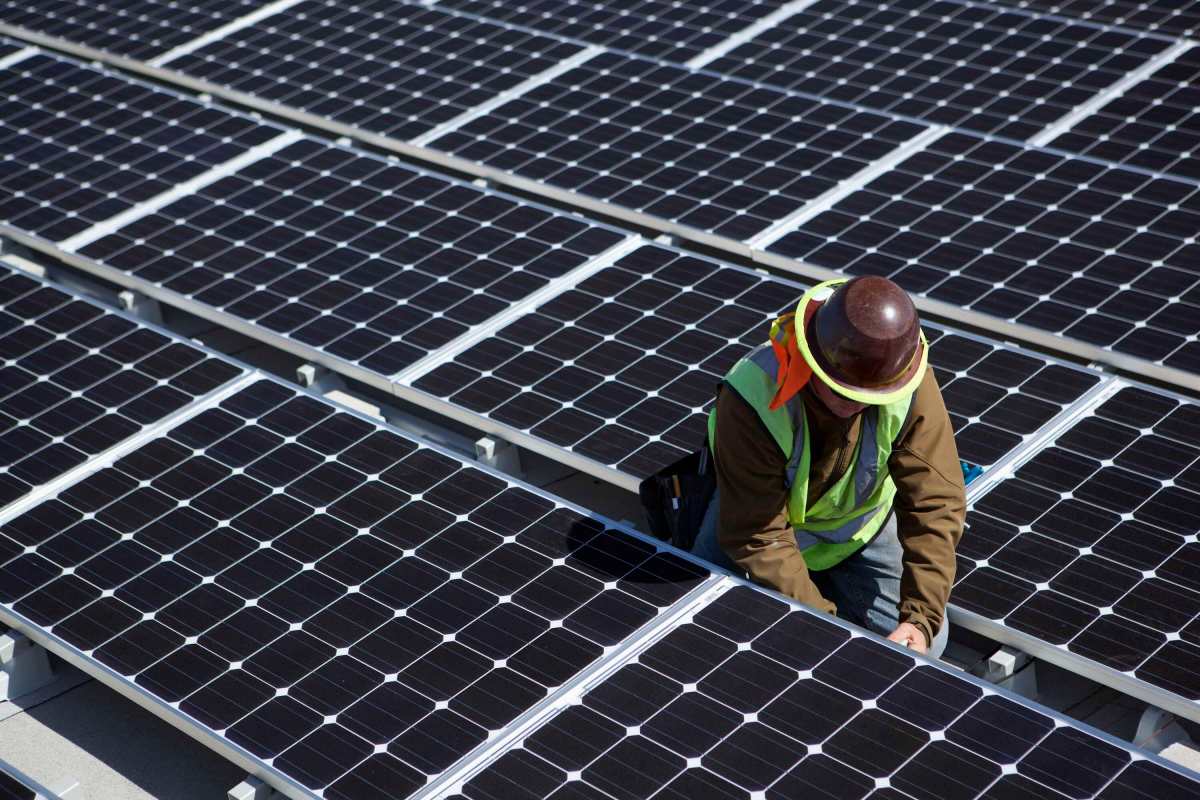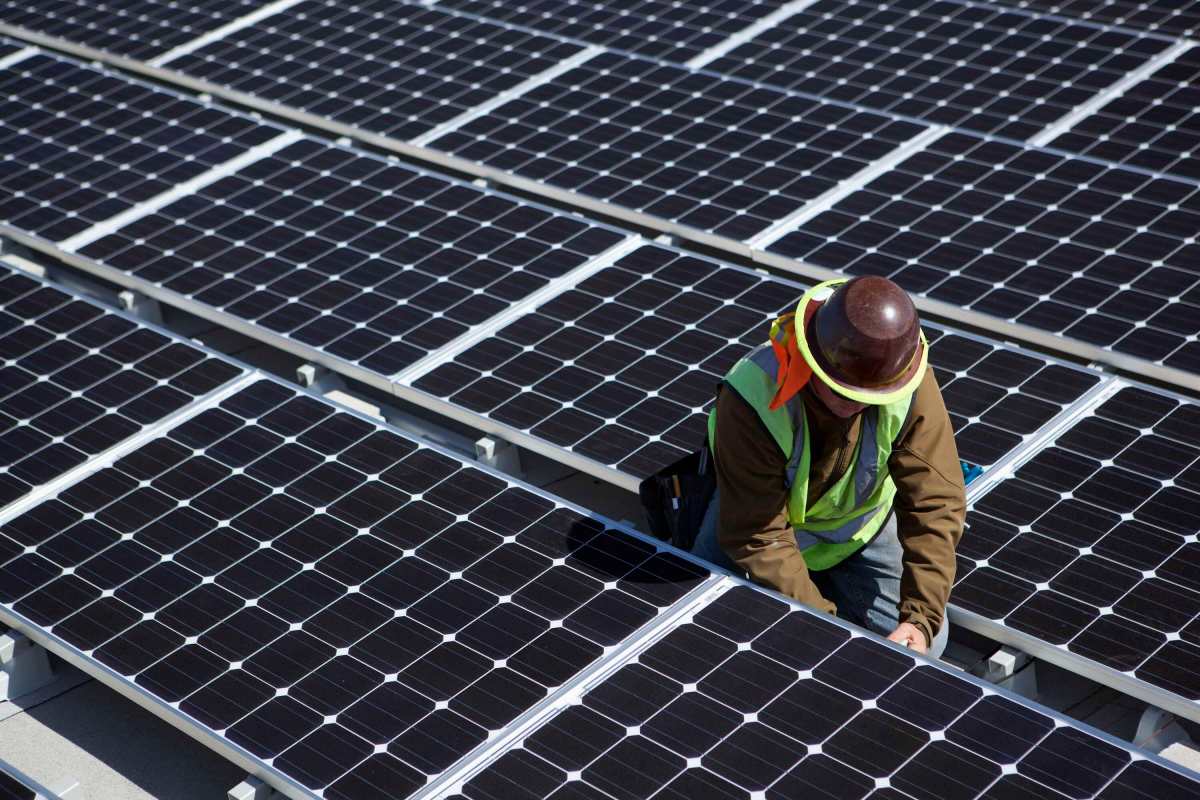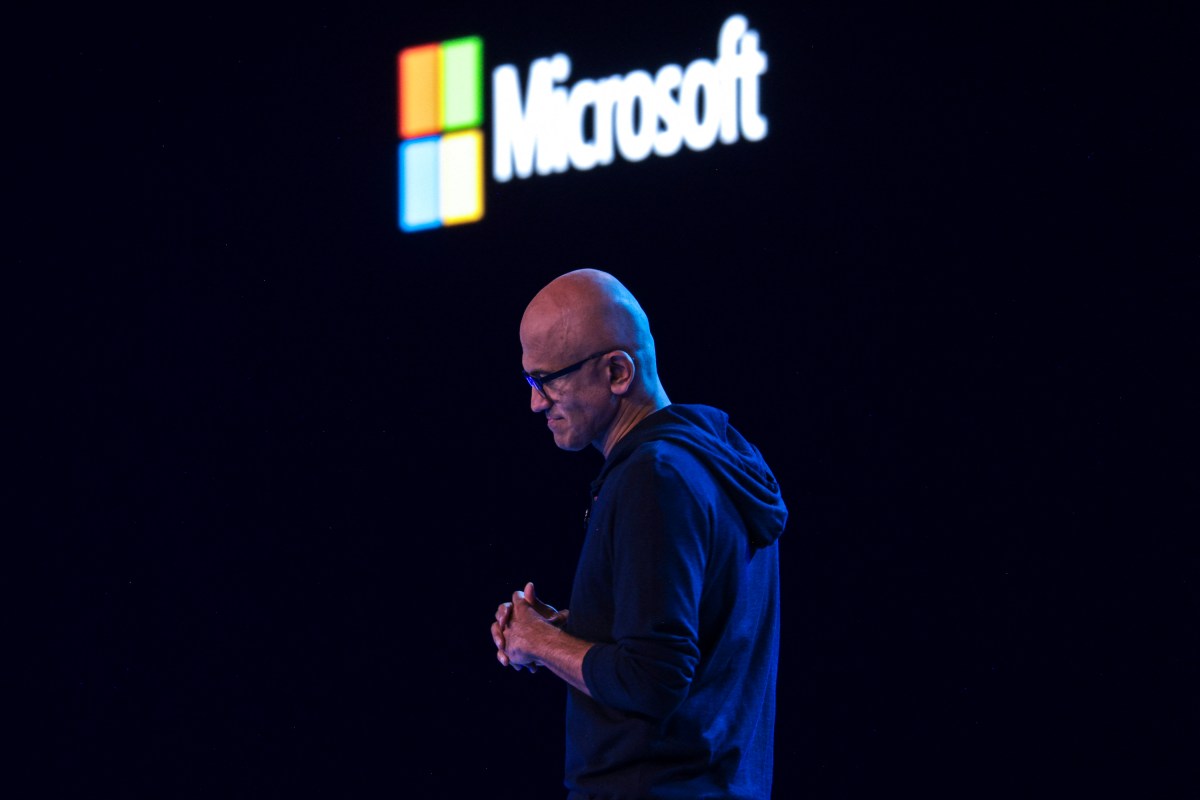
Meta adds another 650 MW of solar power to its AI push
Sources: https://techcrunch.com/2025/05/22/meta-adds-another-650-mw-of-solar-power-to-its-ai-push, techcrunch.com
TL;DR
- Meta signs a 650 MW solar deal with AES to power its data centers, split as 400 MW in Texas and 250 MW in Kansas. TechCrunch
- The move lifts Meta’s renewable capacity to more than 12 GW and marks the fourth solar deal Meta has announced this year; all four projects are in Texas, with sizes previously disclosed at 595 MW, 505 MW, and two at 200 MW each.
- Power purchase agreements (PPAs) for these projects are typically signed 2–3 years before commercial operation and run for 15–20 years, underscoring the long-term nature of the energy supply for AI workloads.
- Texas is highlighted as a solar development hotspot due to abundant sunshine, permitting speed, and prompt grid connections, enabling phased construction and earlier power delivery to data centers.
Context and background
Meta’s renewable power portfolio already exceeds 12 gigawatts, a figure that reflects ongoing expansion to support its growing AI operations. The latest 650 MW deal, with AES, funds solar-only projects totaling 650 MW: 400 MW in Texas and 250 MW in Kansas. AES, a utility and power generation company, notes that PPAs are typically signed two to three years ahead of commercial operations, with contract terms generally ranging from 15 to 20 years. This transaction marks Meta’s fourth solar deal announced this year, and all four arrangements are located in Texas. In addition to the 650 MW project, Meta has previously announced solar deals of 595 MW, 505 MW, and two projects of 200 MW each. TechCrunch Texas has become a focal point for solar development, driven by abundant sunshine, rapid permitting, and quick grid connections. These conditions help solar farms move from ground-breaking to power-dispatch more rapidly, often allowing phased deployment so electricity can begin flowing before project completion. AES CEO Andrés Gluski has highlighted solar’s fast time-to-power and relatively low electricity costs as key attributes that have attracted hyperscalers like Meta. TechCrunch
What’s new
Meta’s latest 650 MW solar deal, developed by AES, expands its AI-related energy sourcing. The agreement covers 650 MW of solar capacity split as 400 MW in Texas and 250 MW in Kansas, dedicated to powering Meta’s data centers. AES develops the solar-only projects and arranges the PPA with Meta. The terms align with AES’s practice of signing PPAs two to three years before commercial operation and locking in long-term contracts of 15–20 years. This year’s fourth solar deal for Meta continues a Texas-centric pattern, joining previous deals of 595 MW, 505 MW, and two 200 MW projects.
Why it matters (impact for developers/enterprises)
For developers and enterprise energy buyers, the deal exemplifies how hyperscale operators secure large blocks of solar capacity through long-duration PPAs to support AI infrastructure. The arrangement underscores the appeal of solar as a fast-to-power, cost-effective energy source, particularly when paired with favorable permitting and grid-connection timelines found in Texas. By pursuing solar projects that can be phased in, data centers associated with Meta can begin receiving electricity before a project is fully completed, enhancing flexibility and capital efficiency. TechCrunch
Technical details or Implementation
- Project type: Solar-only facilities.
- Size and location: 650 MW total; 400 MW in Texas and 250 MW in Kansas.
- Developer/owner: AES develops the solar projects and signs PPAs with Meta.
- PPA characteristics: Lead times typically 2–3 years before commercial operations; contract terms commonly 15–20 years.
- Context within Meta’s portfolio: This is the fourth solar deal Meta has announced this year; all four projects are in Texas, with previously disclosed sizes including 595 MW, 505 MW, and two projects at 200 MW each.
- Market factors: Texas offers favorable permitting and prompt grid interconnections, enabling faster deployment and phased in electricity delivery; solar remains a low-cost option for new generation capacity.
| Key fact | Value |
|---|---|
| Total new solar capacity in this deal | 650 MW |
| Texas portion | 400 MW |
| Kansas portion | 250 MW |
| Lead time before operation (typical) | 2–3 years |
| PPA term (typical) | 15–20 years |
Key takeaways
- Meta’s renewable energy portfolio now exceeds 12 GW, with ongoing solar investments.
- The 650 MW deal with AES adds to Meta’s data-center energy strategy and AI infrastructure scaling.
- Long-term PPAs and the ability to phase solar deployments help Meta align energy supply with AI growth demands.
- Texas continues to attract large-scale solar development due to sun, permitting speed, and grid connection efficiency.
FAQ
-
How big is the deal and where are the projects located?
The agreement covers 650 MW of solar capacity, with 400 MW in Texas and 250 MW in Kansas.
-
Who is developing and selling the solar power?
AES is developing the solar projects and signing the PPAs with Meta.
-
How long are the PPAs and when will the projects come online?
PPAs typically have terms of 15–20 years and are signed about 2–3 years before commercial operation; the article does not specify a completion date.
-
How does this fit into Meta’s renewable energy portfolio?
It adds to Meta’s renewable capacity of more than 12 GW and marks the fourth solar deal Meta announced this year, all in Texas.
References
More news
How one AI startup helps rice farmers battle climate change
Mitti Labs uses AI to measure methane emissions from flooded rice paddies and partners with The Nature Conservancy to expand regenerative, no-burn farming in India, while tracking carbon credits to support farmers.
Meta to add 100MW of solar power from US gear to back SC AI data center
Meta signs a $100 million, 100 MW solar farm deal with Silicon Ranch in South Carolina to power a planned AI data center, with most equipment made in the U.S. Operations expected in 2027.
Harvard dropouts unveil 'always-on' AI smart glasses that listen, record, and transcribe every conversation
Two former Harvard students claim to be building Halo X, discreet smart glasses with an always-on microphone, real-time transcription, and AI-driven prompts — raising questions about privacy, security, and legality.
Perplexity Accused of Scraping Websites That Explicitly Blocked AI Crawlers, Cloudflare Says
Cloudflare says Perplexity ignored robots blocks, masked its crawler identity, and scraped content from sites that asked AI scrapers not to access them. Perplexity disputes the claim.
Obvio’s AI Stop-Sign Cameras Aim to Cut Dangerous Driving While Limiting Surveillance
Obvio raises $22M in Series A to deploy solar-powered, AI-driven stop-sign cameras that detect serious infractions, process footage on-device, and forward verified violations to municipalities—while enforcing strict data retention and sharing limits.
Breakneck data center growth challenges Microsoft’s sustainability goals
Microsoft’s 2025 sustainability report shows emissions rose 23.4% since 2020 due to rapid data center expansion, with Scope 3 driving the majority of the footprint. The 2030 pledge requires cutting emissions by more than half and scaling carbon removal.





